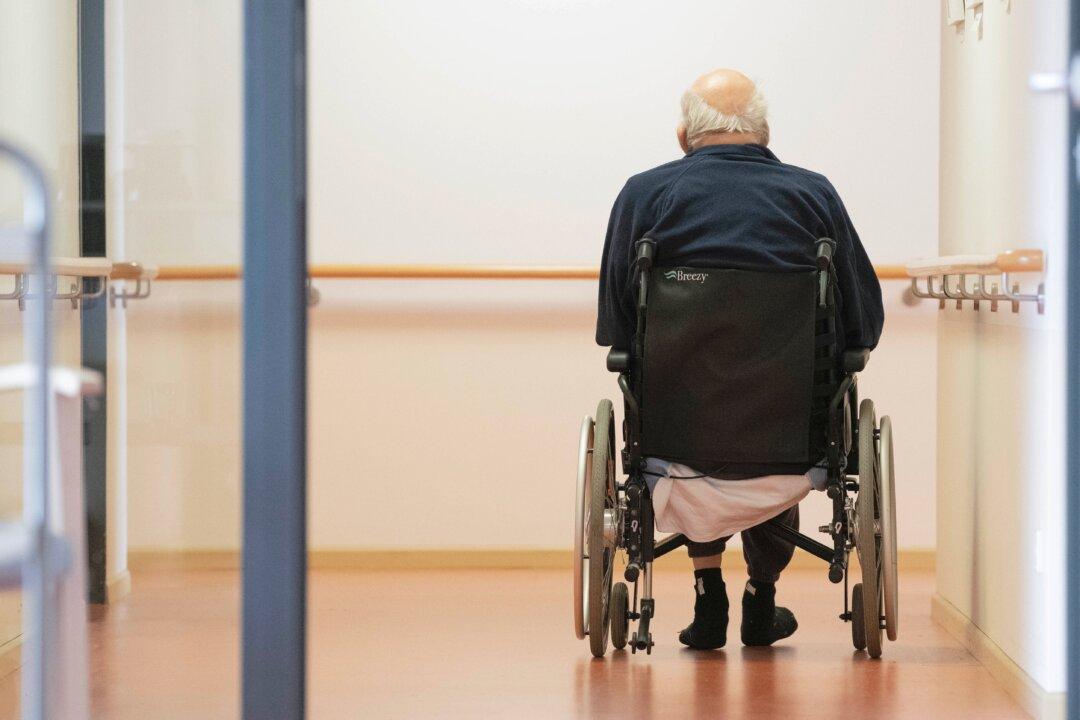Flexible assisted dying laws have been introduced in the Australian Capital Territory (ACT) following the federal government’s earlier move to give the jurisdiction power to legislate over these matters.
“The ACT’s Voluntary Assisted Dying Bill is a carefully planned model based on consultation with the community and lessons learned from all six states in Australia, which have already brought in voluntary assisted dying laws,” said ACT Greens Leader Shane Rattenbury.




